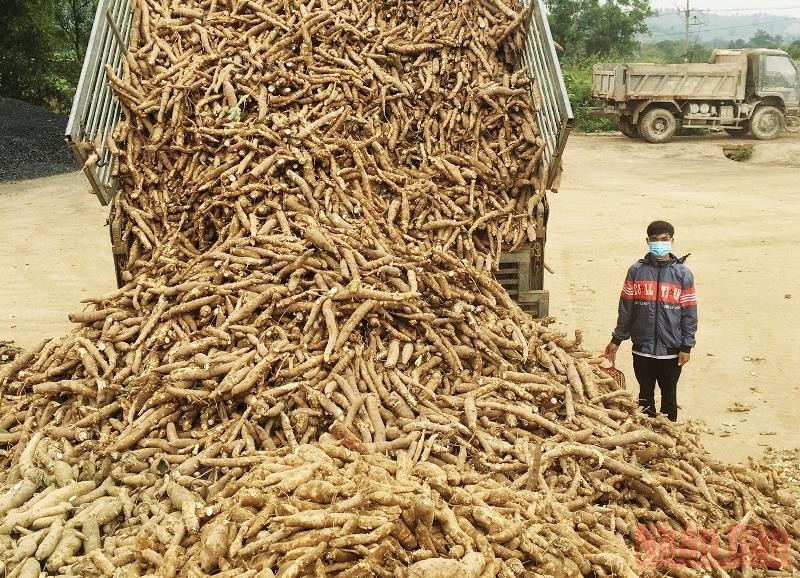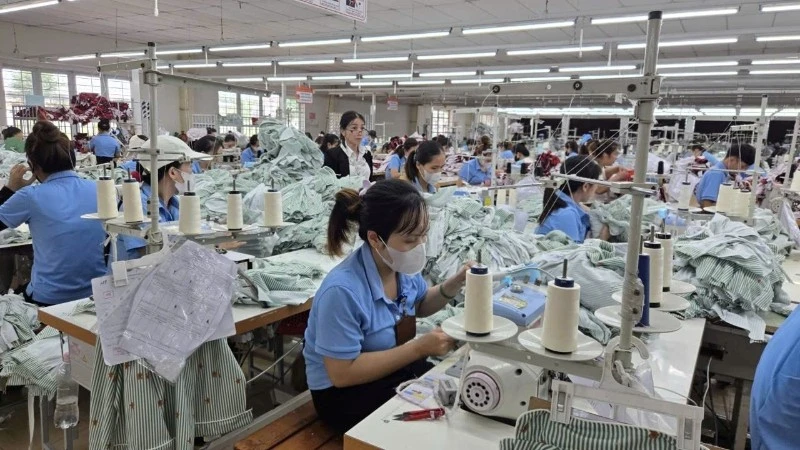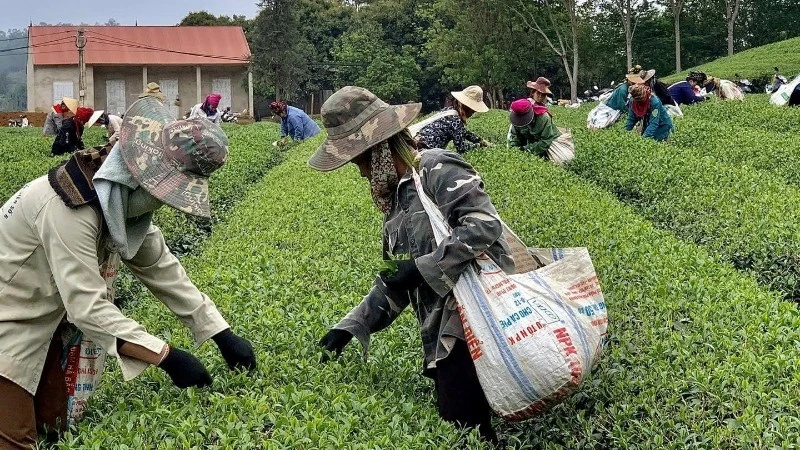By 2030 Vietnam’s fresh cassava output will reach 11.5-12.5 tonnes, 85% of which is used to produce flour, ethanol and monosodium glutamate.
Sustainable cultivation methods will be employed in half of the total cassava cultivation area, and export revenue from cassava and its products is expected to reach 1.8-2 billion USD.
By 2050, export revenue is expected to rise to 2.3-2.5 billion USD and the area using sustainable practices will account for 70-80% of the total cultivation area.
Vietnam will have five key cassava growing regions, the largest of which will be in the Central Highlands with 150,000-160,000 hectares producing 3.5-3.7 tonnes of fresh roots a year by 2030.
Under the plan, enterprises are encouraged to build and upgrade manufacturing plants of cassava flour, ethanol, and monosodium glutamate.
MARD also encourages the production of confectionery, glucose, instant noodles and animal feed from cassava.
Science and technology will be applied to create new cassava varieties with high yield and the ability to withstand harmful organisms, as well as produce cassava products in an environmentally-friendly way.
















